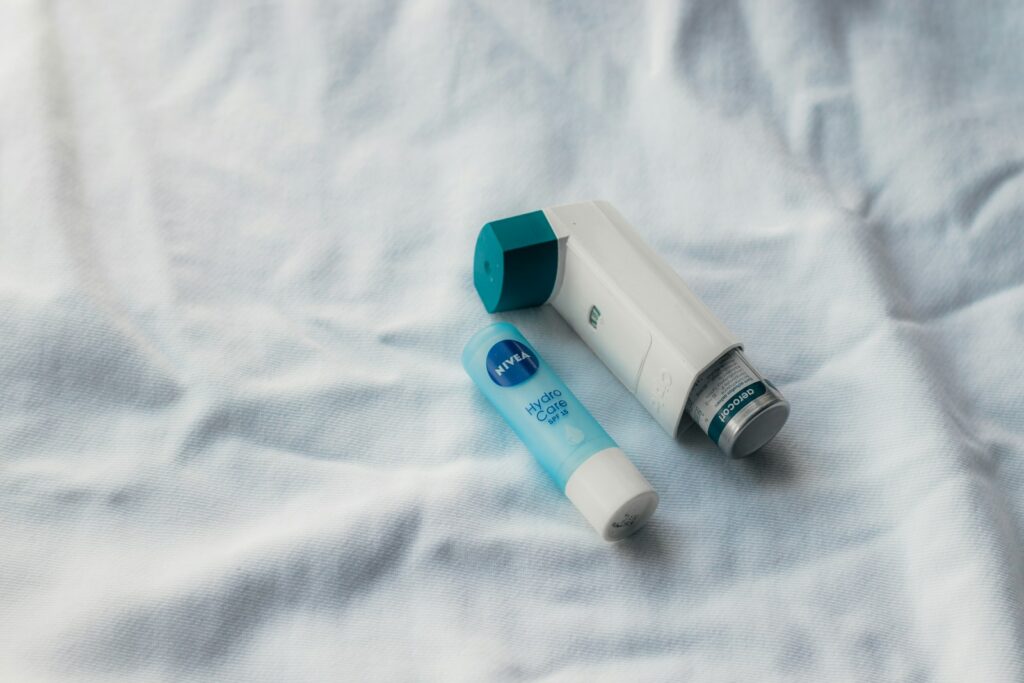
As we strive for comfort in the sweltering heat of summer, air conditioning has become an indispensable part of modern living. However, while it provides immediate relief from high temperatures, the impact of air conditioning on the body often goes unnoticed and underappreciated.
The cold, dry air can lead to a range of physiological changes that may affect your overall health. Understanding these effects can facilitate better decision-making regarding your indoor climate control. Here are some key aspects:
- Skin Health : The low humidity levels caused by air conditioning can lead to dehydration and dryness, exacerbating skin conditions like eczema and acne.
- Respiratory Issues : Prolonged exposure may irritate mucous membranes, making it easier to breathe in allergens and pollutants, which can worsen respiratory conditions such as asthma.
- Immune Function : A consistently chilled environment may hinder your immune response, leaving you more susceptible to infections.
- Mental Health : Interestingly, the environment created by air conditioning can also impact your mood and productivity, sometimes leading to a feeling of lethargy or irritability.
Becoming aware of these effects is the first step towards creating a more balanced indoor environment that ensures both comfort and health.
Now, let’s take a deeper dive into these effects on our health.
Effects on Skin Health
Dehydration and dryness
One of the immediate consequences of prolonged exposure to air conditioning is skin dehydration. The dry air circulating through your living space can strip moisture from your skin, leading to several issues.
- Fine Lines and Wrinkles : Lack of hydration can accelerate the formation of fine lines and wrinkles, making your skin appear older than it is.
- Tightness and Discomfort : You may experience an uncomfortable sensation of tightness, prompting the need for constant moisturizing throughout the day.
To mitigate dryness, it’s essential to maintain proper hydration levels. Drinking adequate water and using moisturizer can help restore your skin’s lost moisture.
Increased risk of irritation and allergies
In addition to dehydration, air conditioning can heighten the risk of skin irritation and allergies. The continuous flow of air can circulate dust, mold, and other allergens, leading to various skin reactions.
- Rashes and Eczema Flare-ups : For those with sensitive skin or pre-existing conditions, like eczema, the irritants can trigger rashes and inflammation.
- Acne Breakouts : Dry conditions can also cause your skin to overproduce oils, resulting in clogged pores and increased acne flare-ups.
Being mindful of your skin’s needs while using air conditioning can substantially enhance your overall skin health. A combination of hydration, skincare products, and regular cleaning can help combat these adverse effects.
Influence on Respiratory System
Impact on mucous membranes
Air conditioning not only affects your skin but also has significant implications for your respiratory system. One major area of concern is the impact it has on mucous membranes, which play a crucial role in protecting your respiratory tract.
- Dryness : The cold, dry air produced by air conditioners can lead to excessive drying of these membranes. This diminishes their ability to trap dust, allergens, and pathogens, making you more susceptible to respiratory infections.
- Irritation and Inflammation : Prolonged exposure can lead to irritation and inflammation of the mucous membranes, resulting in symptoms such as a dry throat or nasal congestion.
These effects can cascade into further complications, particularly for sensitive individuals.
Role in exacerbating respiratory conditions such as asthma
For people with pre-existing respiratory conditions like asthma, air conditioning may serve as a double-edged sword. While it provides relief from heat, it can also exacerbate symptoms.
- Increased Allergens : The use of air conditioning can circulate allergens like dust mites and mold spores, triggering asthma attacks.
- Temperature Fluctuations : Rapid changes in temperature between indoor and outdoor environments can also stimulate asthma symptoms, leading to wheezing or shortness of breath.
Staying aware of these impacts can guide you in managing your environment more effectively and ensuring a healthier living space. Regular maintenance of your air conditioning system and using air purifiers can help mitigate potential respiratory issues.
Effects on Immune Function
Connection between temperature regulation and immune response
The relationship between indoor temperature regulation and immune function is a crucial aspect often overlooked in discussions about air conditioning. Your body relies on a stable internal temperature to maintain optimal immune responses.
- Temperature Sensitivity : When the air conditioning runs at excessively low temperatures, it can inhibit your body’s natural ability to fight infections. The immune system may become less responsive due to the drastic temperature shifts, making you more vulnerable to illness.
- Immune Cell Activity : Research suggests that certain immune cells are sensitive to temperature changes. Cold environments may slow down the production and activity of these cells, diminishing your body’s defense mechanisms.
Psychological Impact
Relationship between air conditioning and mental health
The influence of air conditioning extends beyond physical health, reaching into the realm of mental well-being. The relationship between controlled indoor environments and mental health is a growing area of interest among researchers.
- Comfort vs. Comfort Fatigue : While air conditioning can create a comfortable atmosphere, over-reliance on artificial cooling might result in “comfort fatigue,” where individuals become less tolerant of natural variability in temperature and environmental conditions.
- Connection to Anxiety : Studies indicate that overly conditioned spaces may contribute to feelings of anxiety and unease, especially during extreme weather changes when individuals experience discomfort when transitioning inside and outside.
Effects on mood and productivity
Air conditioning’s impact on mood and productivity is notable, particularly in workplace environments. A pleasant, cool temperature can significantly affect both morale and output.
- Enhanced Focus : On the positive side, a well-regulated air-conditioned environment can enhance focus and concentration, reducing distractions caused by heat and discomfort.
- Mood Fluctuations : However, negative side effects can arise. People may experience mood swings, irritability, or lethargy in overly chilled environments that stifle movement and reduce natural light exposure.
Understanding the psychological effects of air conditioning can help you create an environment that optimally promotes both mental well-being and productivity. Striking the right balance between comfort and stimulation is essential for maintaining a positive atmosphere.
Tips for Mitigating Negative Effects

Proper hydration and skincare routine
Mitigating the negative effects of air conditioning starts with prioritizing hydration and implementing a suitable skincare routine.
- Stay Hydrated : One of the simplest but most effective ways to combat dryness is to maintain proper hydration. Aim for at least eight glasses of water a day to keep your body—and skin—well-hydrated.
- Moisturize Regularly : Invest in a high-quality moisturizer that suits your skin type. Apply it after showering and multiple times throughout the day, particularly if you notice tightness or dryness.
- Use Hydrating Products : Consider incorporating hydrating serums or facial mists into your skincare regimen. These products can provide an added layer of moisture and refresh your skin throughout the day.
Setting the right temperature and using supplementary humidifiers
Adjusting the temperature and humidity levels in your living spaces can significantly enhance your comfort and health.
- Optimal Temperature Settings : Aim to keep your air conditioning between 72°F and 78°F (22°C and 26°C). This range not only promotes comfort but also minimizes the risk of respiratory irritation and skin dryness.
- Utilize Humidifiers : Adding a humidifier to your indoor environment can help counteract the dry air produced by air conditioning. This is especially beneficial during prolonged use and in drier climates.
By adopting these tips, you can effectively mitigate the negative effects of air conditioning, ensuring a healthier and more comfortable living environment.
Summary of the key points
In conclusion, while air conditioning offers significant relief from heat, it comes with a host of potential negative effects on both physical and mental health. Understanding these impacts can guide you in making informed choices for a healthier lifestyle.
- Effects on Skin Health : Prolonged exposure to air conditioning can lead to dehydration, dryness, and increased skin irritation or allergies.
- Influence on Respiratory System : Cold, dry air affects mucous membranes, leading to irritation and exacerbating conditions like asthma.
- Impact on Immune Function : Fluctuations in temperature can weaken the immune response, making you more susceptible to illness over time.
- Psychological Effects : Indoor temperature regulation can influence mood, productivity, and even anxiety, depending on the environmental conditions.
To combat these challenges, focus on proper hydration and skincare routines, adjust your temperature settings within a comfortable range, and consider using humidifiers to maintain moisture levels.
By implementing these strategies, you can enjoy the benefits of air conditioning while safeguarding your health. Remember, a balanced approach to your indoor climate can lead to a more comfortable and healthier living or working environment.




